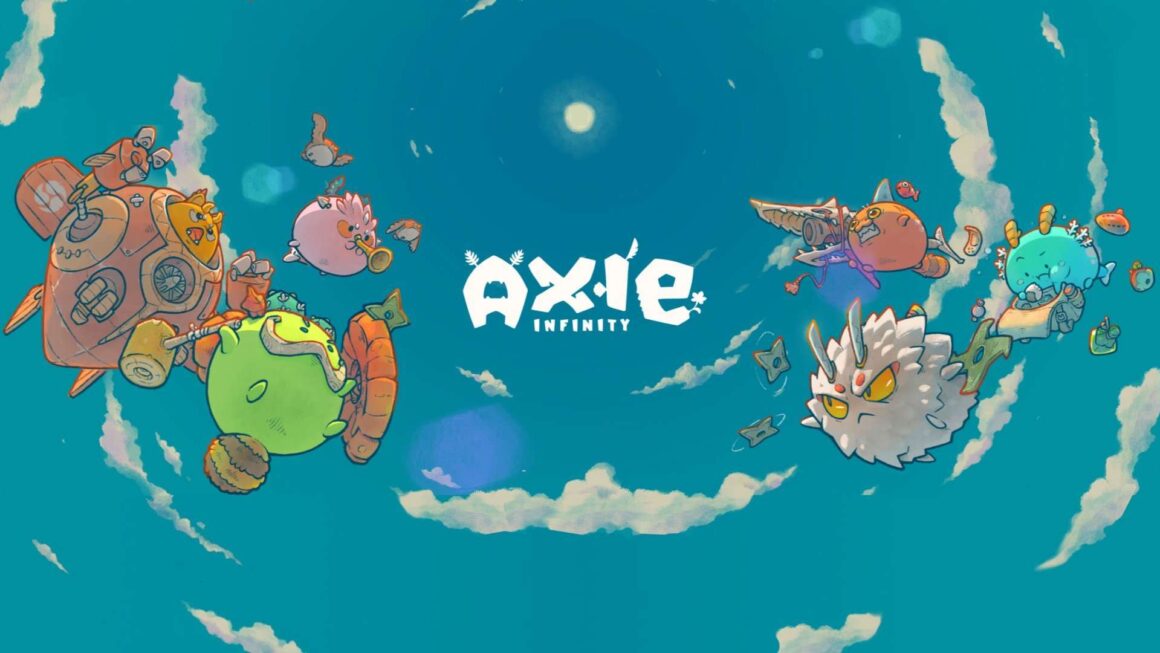In recent weeks, NFTs and Play-To-Earn games have emerged as the next big thing in the gaming industry.
Unless you are really one of the very few early fans, you’ve probably never encountered play-to-earn games. Until Axie Infinity gained popularity, many people thought the notion was crazy. Users who tried the game in the Philippines were making more than 3 times the minimum salary.
Soon afterward, Facebook stated that it will change its name to Meta and that the Metaverse was the way of the future. Following that, there was complete craziness surrounding the phrase, with gaming cryptos like SAND, MANA, and a slew of others seeing their market caps multiply by many orders of magnitude.
Recently, a group of devs have expressed interest in the play-to-earn concept. Ubisoft has revealed that it will be incorporating the blockchain paradigm into its games by developing play-to-earn games. While there is yet to be widespread acceptance of the technology, several valid arguments have been presented against it.
Jason Schreier, a well-known gaming writer, tweeted yesterday that he is attempting to figure out the economic strategy behind these games. He demonstrates his argument with a graphic, which, while amusing at first, highlights some legitimate problems.
“I’ve been wondering how the business model for “play-to-earn” games, which are raising billions of dollars and being adopted by industry titans from Ubisoft to Will Wright, could possibly be sustainable. Think I figured it out!” reads the tweet.
I've been wondering how the business model for "play-to-earn" games, which are raising billions of dollars and being adopted by industry titans from Ubisoft to Will Wright, could possibly be sustainable.
Think I figured it out! pic.twitter.com/7UmKkhZlXi
— Jason Schreier (@jasonschreier) December 13, 2021
It essentially emphasizes that the entire play-to-earn gaming craze is nothing more than a glorified pyramid scam. Several individuals, including Jason, have stated their worries about the fact that all such products are now being portrayed in such a manner that if people can not get into the game on Day 1, they would lose out on a great deal of money.
